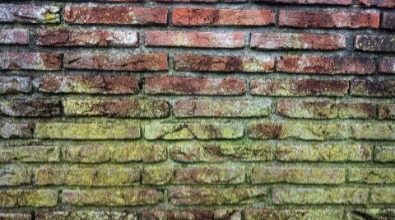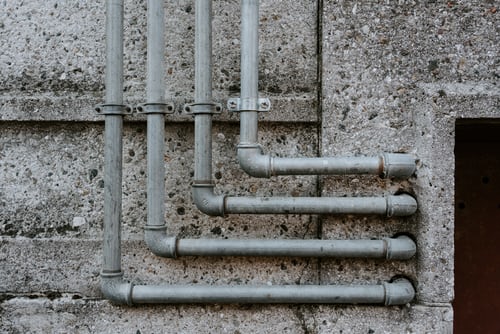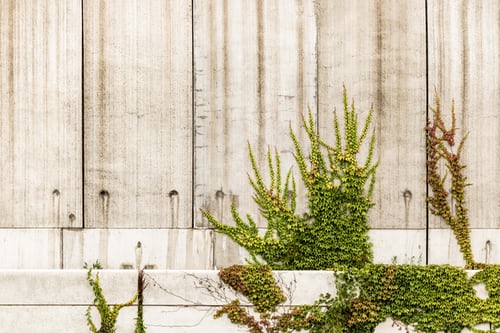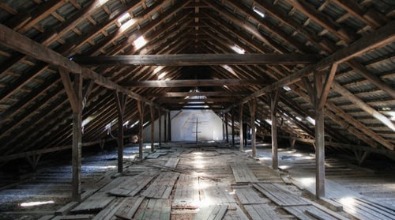Biggest Mold Inspection & Remediation Mistakes to Avoid
By Dave and Jim Schuelke

Mold in a residential or commercial building will not just cause unsightly stains and unpleasant odors, it can also make people sick, especially if they have asthma or allergies. Often, mold damage is expensive to fix if the inspection & remediation are not done correctly or when the mold continues to grow in hidden areas.
But, did you know that mold also affects the value of your property?
When it comes to a mold-infested home or commercial space, real estate agents or prospective buyers would expect a price reduction to cover the cost of professional mold remediation. Prospective buyers may even want the seller to bear the cost of hiring an independent appraiser for a professional evaluation of the property. At times, a severe mold infestation can even make it difficult to get the right property insurance. Therefore, when you first suspect a mold problem, be sure to hire a licensed mold inspector in your area instead of trying to overcome it with over-the-counter products. Mold remediation which typically involves hidden leak detection, moisture removal, mold removal, cleanup, and decontamination always begins with a thorough on-site inspection. Many people with existing mold infestations in their homes or commercial facilities make some common mistakes that eventually affect their properties value.
Here in this post, we will discuss the five biggest mold inspection and remediation mistakes that you should avoid:
Mistake #1: Ignoring The Root Cause of Your Mold Issue
Experienced plumbers, mold inspectors, or mold remediation contractors will probably never ignore the importance of identifying the source of moisture which eventually helps create an ideal environment for mold growth indoors. But, when people rely on DIY methods for mold inspection & remediation, they often ignore the root cause of a mold problem. They merely get rid of visible mold colonies, only to be disappointed later when they find mold growing back again under the sinks, behind the appliances, and other such hidden places.

From a leaking roof and air-conditioning system to leaking pipes in homes, a build-up of condensation, poor ventilation, a damp basement, dampness in the foundations, and persistent humidity in the indoor air the mold growth can be caused by a variety of seemingly unrelated factors. For permanent mold remediation, the moisture source must be identified and adequately treated by experienced professionals.
Mistake #2: Painting Over Mold
You may have come across "mold-resistant" paints at local hardware stores. Some homeowners tend to think that applying such paints over moldy surfaces such as walls, wooden frames, etc., would help them quickly get rid of mold.
But, it's only a temporary solution.
Down the road, the mold can continue growing underneath the coat of paint. Sooner or later, the mold will make itself visible again. Even if there are no visible signs, such as the mold resistant paint peeling off a surface, an air-quality test by a prospective homebuyer can still detect the mold spores in the indoor air.
Mold-resistant paints can prohibit mold growth only after -
The surface has been treated for the existing mold
The moisture issue has been resolved

Mistake #3: Trying To Restore Materials That Must Be Discarded
Mold remediation professionals can remove mold colonies from non-porous surfaces such as metal, porcelain, and glass. But, mold can easily penetrate soft, porous materials including drywall, wooden floorboards, upholstery fabrics, attic insulation, carpets, etc. If non-porous materials or items are severely damaged by mold, they should be removed and safely disposed of in secure plastic bags.
Mold removal experts can restore most non-porous materials but not all of them. It's better to remove and replace moldy materials than risk a full-scale mold infestation that can depreciate your property's value by a significant margin.
The mold can return and require even more expensive restoration and remediation work if you fail to properly remediate the first time. For instance, with previously moldy drywall, even when it has been scrubbed clean, a handful of mold spores can reproduce into multiple colonies within a few weeks. In case you do not wish to part with a personal, potentially contaminated item, consider hiring personal property restoration professionals.
Mistake #4: Contaminating Other Parts Of The Property
During mold removal, everything from scrubbing a moldy wall to ripping a moldy carpet can send mold spores flying in the indoor air. Airborne mold spores can spread to other parts of your property if the affected area isn't tightly sealed with plastic sheets.
When such airborne mold spores land on a moist surface, they can reproduce and contaminate the indoor air yet again.
Mistake #5: Assuming All Mold Growth Is Visible
When you spot mold growing in a corner in your attic, basement, or crawlspace, you may think the mold problem is contained there. At times, home inspectors can also miss such things.
But, tiny mold spores spread quite easily inside a property.

Mold growth often occurs in areas such as between the walls, under the carpets and floorboards, around the sinks, appliances and insulation, in the flower pots, etc. So, it'd help if you remain vigilant about hidden mold. You need to get rid of all mold colonies to effectively contain a mold infestation. Anything less would mean that you're practically allowing the mold to grow.
Author Bio
For the past 30 years, twin brothers Dave and Jim Schuelke have run their company Twin Home Experts. Twin Home Experts is also one of the fastest-growing YouTube channels online for valuable content to both homeowners and plumbers showcasing DIY and frequently asked questions.